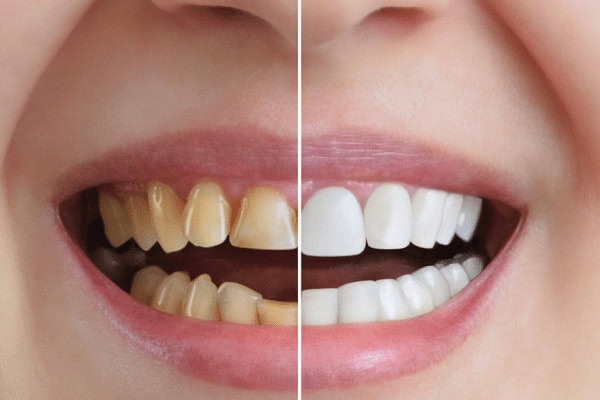Fluoride Treatments: Are They Right for You?
Fluoride is a mineral that helps strengthen enamel and prevent cavities. It is found in water, toothpaste, and professional dental treatments. Fluoride treatments offer an additional level of protection, especially for individuals at higher risk of tooth decay. Understanding how fluoride works and whether it is necessary can help in making informed decisions about dental health.
How Fluoride Protects Teeth
Fluoride strengthens tooth enamel by remineralizing areas weakened by acid and bacteria. It also makes teeth more resistant to decay. When fluoride is applied to the teeth, it helps slow down the loss of minerals and promotes the repair of early damage.
Who Benefits from Fluoride Treatments?
Fluoride treatments can be beneficial for many individuals, including:
- Children: Developing teeth benefit from fluoride exposure, making them stronger and more resistant to cavities.
- Individuals with a history of cavities: Those who frequently experience cavities may need additional fluoride protection.
- People with dry mouth: Saliva helps protect teeth by washing away bacteria and acids. Individuals with reduced saliva flow may benefit from fluoride treatments.
- Patients with braces or dental restorations: Braces and restorations can create areas where plaque accumulates, increasing the risk of cavities. Fluoride helps protect these areas.
- Older adults: As gums recede with age, roots of teeth become exposed and more vulnerable to decay. Fluoride helps prevent root cavities.
Types of Fluoride Treatments
Fluoride is available in different forms. Professional fluoride treatments are applied in a dental office, while at-home options provide ongoing protection.
- Professional Fluoride Application: Dentists apply fluoride as a gel, foam, or varnish. This treatment contains a higher concentration of fluoride than toothpaste or mouthwash.
- Fluoridated Water: Many municipal water supplies contain fluoride, providing a consistent source of protection.
- Fluoride Toothpaste and Mouthwash: Daily use of fluoride toothpaste and mouthwash helps maintain enamel strength.
- Prescription Fluoride Rinse or Gel: Some individuals at high risk for cavities may require a stronger fluoride solution prescribed by a dentist.
Are Fluoride Treatments Safe?
Fluoride treatments are safe when used appropriately. In professional applications, the fluoride concentration is carefully controlled. At-home fluoride products should be used according to instructions to avoid excessive exposure. Young children should be supervised when using fluoride toothpaste to prevent swallowing large amounts.
How Often Are Fluoride Treatments Needed?
The frequency of fluoride treatments depends on individual risk factors. Some people may benefit from professional fluoride applications every three to six months. Others with lower risk may not require treatments as often. A dentist can assess individual needs and recommend the appropriate schedule.
Can You Get Too Much Fluoride?
Excessive fluoride exposure over time can lead to a condition called fluorosis, which causes changes in the appearance of enamel. This is more common in children who consume too much fluoride during tooth development. Following guidelines for fluoride use helps prevent this issue while still gaining its protective benefits.
Making the Right Choice
Deciding whether fluoride treatments are necessary depends on factors such as diet, oral hygiene habits, and medical conditions. A dental professional can evaluate the condition of teeth and provide recommendations based on individual needs.
Dental Care in Edmonton
Fluoride treatments can be a useful part of a preventive dental care routine. Regular checkups help identify risk factors for decay and determine whether additional fluoride protection is necessary.
At Dr. Molly Rodgers Dental, we provide fluoride treatments as part of our preventive care services in Edmonton. Our team assesses each patient’s needs to recommend the best approach to maintaining strong, healthy teeth. Contact our office to schedule an appointment and discuss your oral health care options.

